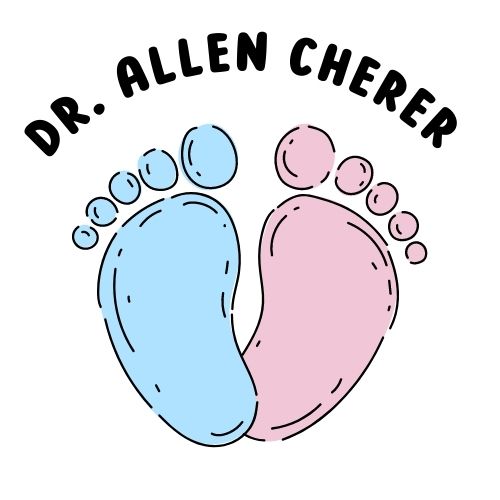While many think that the COVID-19 pandemic is a thing of the past, dozens of scientists throughout the world are working to develop a universal vaccine against the contagion. As demonstrated by the recent rise of the Delta variant, the coronavirus, like any other type of virus, can alter itself to resist vaccines, ensuring its continued survival. A universal vaccine would protect people from any mutation of the coronavirus. Accomplishing this, however, is difficult as scientists must determine what part of the virus is constant throughout all of its variations. Doctors at UVA Medical Center in Virginia believe that they have determined what part of the coronavirus to target in a universal vaccine.
Speaking with reporters from Charlottesville Tomorrow, Dr. Steven Zeichner, an infectious disease specialist at UVA Medical Center, says that his team believes that the fusion peptide of the coronavirus can provide a powerful opportunity in a universal vaccine. Dr. Zeichner explains that the fusion peptide is the part of the virus that sticks to a host’s cells and transfers genetic material. The fusion peptide is present in all variants of COVID-19 and even exists in other types of coronaviruses, namely MERS and SARS. The experts at UVA Medical Center quickly developed a vaccine centered around the fusion peptide and tested it on pigs. Results from the study found that the test animals were immune to COVID-19.
Although Zeichner’s team was happy with the results, it came as a great surprise. Originally, Zeichner and his colleagues were attempting to develop an inexpensive alternative to the current COVID-19 vaccines. Zeichner explains that while the mRNA vaccines from Pfizer and Moderna provide excellent protection against COVID-19, the manufacturing process for them is highly intricate and not available in many parts of the world. Zeichner sought to develop a new vaccine against the coronavirus that would be easier to manufacture by infusing the virus with e-coli bacteria. In preparing to develop the new vaccine, Zeichner’s colleagues examined the genetic sequencing of COVID-19 and realized that the fusion peptide was universal throughout all of its variants.
While Zeichner is excited about the results, he explains that the vaccine is still in development and his team is still altering it to ensure that it offers maximum protection against the coronavirus. Furthermore, as a small lab, UVA Medical Center is not ideally suited to manufacture the vaccine and distribute it on a worldwide basis. To help with this problem, Zeichner has already reached out to the International Vaccine Institute of the World Health Organization.
